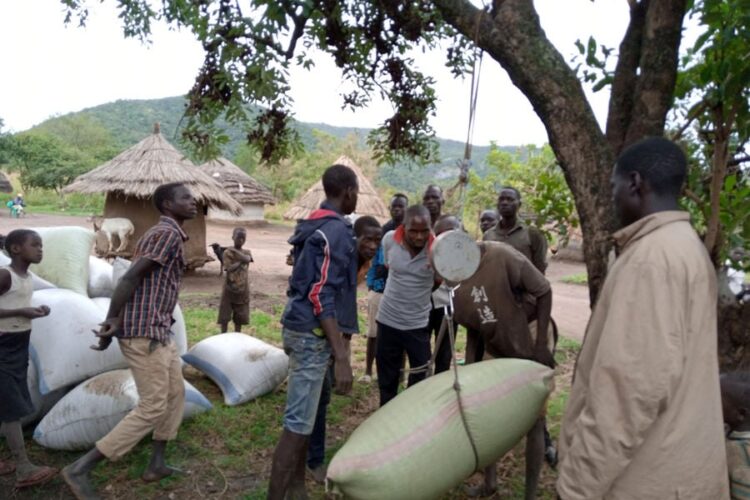
The Russian-Ukraine war that broke out in February last year, and the earlier outbreak of the Covid-19 pandemic, highlightedthe country’s struggle to produce a commodity on high demand, oil seeds.
Whereas deliberate attempts have been made to persuade farmers to invest in oil seed sub-sector by growing crops from which cooking oil can be extracted and processed, the output has turned out exceedingly low, this publication has learnt.
Uganda fulfils less than 30 percent of its current oil seeds demand despite efforts undertaken by the government to increase the production of palm oil, including the Kalangala palm oil project.
Dr Samuel Mugasi, the National Agricultural Advisory Services (Naads) executive director, admits that there is a shortage of oil seeds and that the country is struggling to import edible (cooking) oil because its internal demands have excessively shot up.
“As a country, we are faced with a shortage that is affecting our local supplies, and as a result, the prices have been shooting up,” Dr Mugasi says.
“Uganda has been faced with a global shortage of seed oil affecting its local supplies and as a result, it is faced with shortages to meet the ever-growing demands,” Dr Mugasi says.
“This situation was worsened by the effects of Covid-19 and thereafter, we had the war in Ukraine,” he adds.




